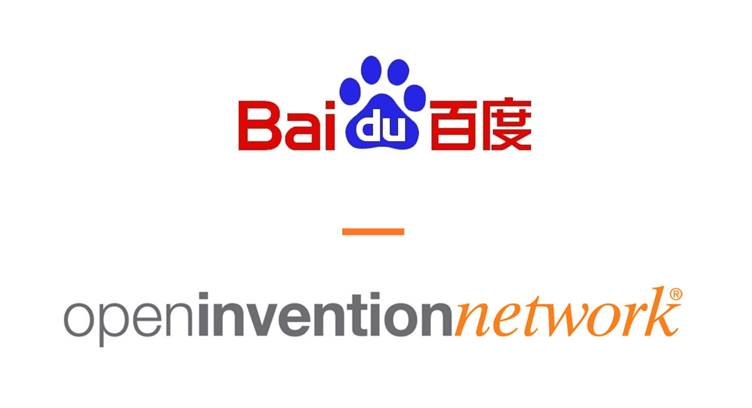Baidu, the largest Chinese language search engine and a leading artificial intelligence (AI) company has joined Open Invention Network (OIN), the largest patent non-aggression community in the world.
As an active supporter of open source and an important contributor of global open source technology, Baidu said it is committed to promoting the rapid development of AI through an open source platform and facilitating industrial transformation.
OIN’s community practices patent non-aggression in core Linux and adjacent open source technologies by cross-licensing Linux System patents to one another royalty-free. Similarly, OIN licenses its patents royalty-free to organizations that agree not to assert their patents against the Linux System.
Keith Bergelt, CEO of Open Invention Network
Artificial intelligence-driven and internet-based services continue to spawn new industries while advancing business performance through actionable intelligence. As a global leader in internet and AI-related services and products, Baidu recognizes the benefits of shared innovation inherent in open source.
Cui Lingling, Head of Baidu's Patent Department
Baidu has launched a number of open source platforms including Apollo (Autonomous Driving Platform), PaddlePaddle (Parallel Distributed Deep Learning) and the like, and has been actively building patent cooperation.






















